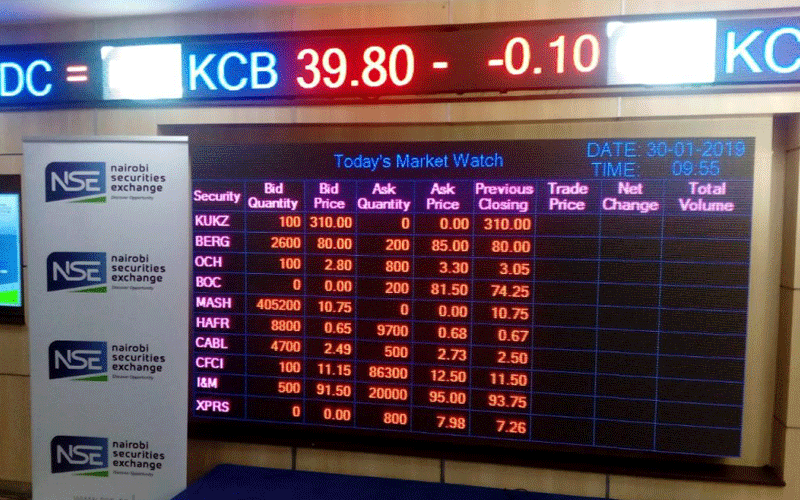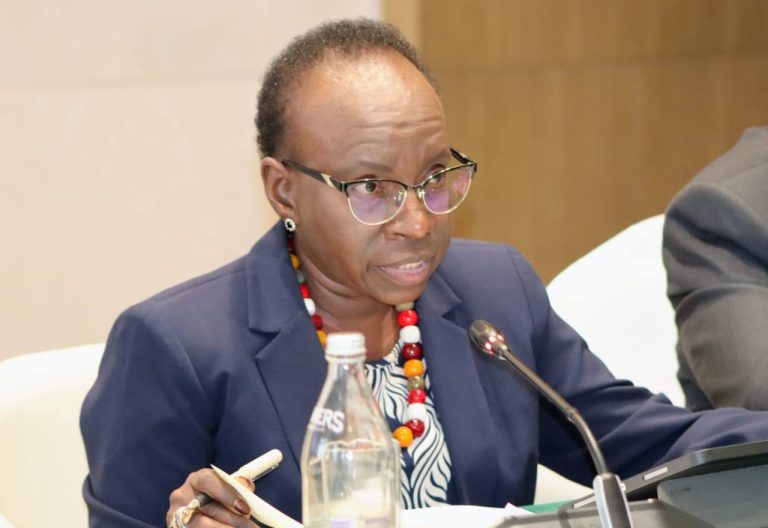Stockbrokers face tough decisions on their future

Dwindling economic fortunes and a squeeze in commissions could force stockbrokers into new lines of business, mergers, or closures to survive, analysts warn.
After years of falling revenues and an initial public offering (IPO) drought, last year was the worst for brokers at the Nairobi Securities Exchange (NSE) since 2007, hence the urge to rethink their business models.
“Given the low commissions of 1.5 per cent they get for every trade they execute, and the low activities in the market, they have little room for maneuver,” said John Kirimi, former head of Sterling Capital, a investment and financial advisory services company.
Kirimi said some brokerages may have to refinance their businesses if they are to continue in operations following the 2020 losses.
“The current business model no longer holds. The survivors will be required to have a very low fixed cost base,” he said.
The Covid-19 shakeup that found weak markets has prompted profit warnings and pushed some brokerage houses deeper into loss-making territory while triggering the exit of top talent.
There are a total of 22 licensed stockbrokers all of which mainly depends on foreign investors in a market whose locals barely know that there is a stock market. Foreign players are responsible for 70 per cent of the trading volumes.
Operations director at Faida Investment Bank, Rina Hicks says the market is controlled by a few stockbrokers with international brokers getting almost all foreign businesses.
Players blame unfavourable listing rules that discourage listing by companies and startups.
“Foreign companies are opting to list in Rwanda and other markets because of unfavourable listing rules.
For instance, in Kenya, shareholders of a newly listed firm have to wait for 24 months,” says Hicks.
Listing rules
Rina adds that listing rules demand that a company be making millions when startups can list within a few months of operations. She also blames a difficult economy since 2017.
“Private equity players have been in Kenya for quite a longtime, but you find that when they want to exit, they do not consider the stock market because of the unfriendly regulatory environment,” she says.
Unfortunately, stockbrokers are not allowed to engage in any other businesses by the regulators which makes it difficult for them unless they want to upgrade their licenses to investment banking.
But that comes with a price of Sh250 million up from the Sh50 million required to be a stockbroker.
“What some brokerages firms are doing is exiting the retail market to focus on institutional customers and high net worth individuals, but getting them is not easy,” said Michale Mwakio of Suntra Investment Bank.
Central Depository and Settlement Corporation (CDSC), NSE and Kenya Association of Stockbrokers have too been booking declining earnings but 2020 could force major changes.












